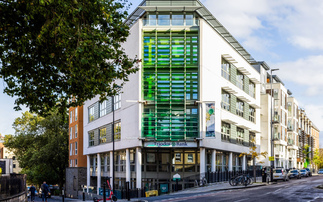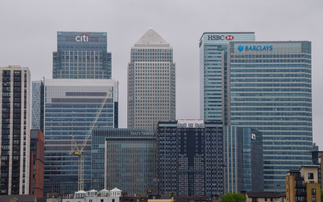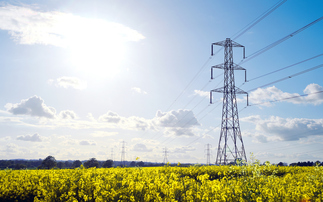The race to Net Zero is on but, with slippery definitions of what this entails and varying levels of commitments from businesses, how will this challenge be solved before 2050?
If you want to decarbonise your business, the quickest, easiest and cheapest way for your business to become more environmentally friendly could be to make sure that the electricity that you buy is renewable - that is, that your power comes from sources that do not deplete the Earth's resources.
Indeed, according to Eon, the number of customers wanting to use renewable electricity has steadily increased over the past decade as businesses have become more aware of the climate impacts of using fossil fuels and pressures have grown to become more sustainable from customers, investors and employees. More recently, demand has picked up as growing numbers of companies have committed to Net Zero targets or their own sustainability targets.
Communication is key
But to meet stakeholder expectations, you need to know what you are getting. Make sure that you are buying sufficient renewable electricity to cover 100 per cent of your supply and that you know the actual sources. You also need to be able to communicate what you are doing, says Mike Scott, head of products and propositions at npower Business Solutions: "Make sure any deal you sign up for has been independently audited and assured so you can be confident that all of your Scope 2 emissions are covered as part of your emissions reporting mandate."
"Eon customers have become much more aware of the impacts of fossil fuels,"adds Jay Chauhan, I&C Propositions Manager at Eon. "There has been a great movement towards renewables and suppliers including Eon and npower Business Solutions have responded to that. Most large business customers are going straight for 100 per cent renewable. They want to demonstrate to their stakeholders their CSR credentials and commitment to the environment."
At the same time, technological developments and the increasing scale of the industry have made renewable energy much more accessible. But there are challenges here too.
This article is sponsored by Eon.







